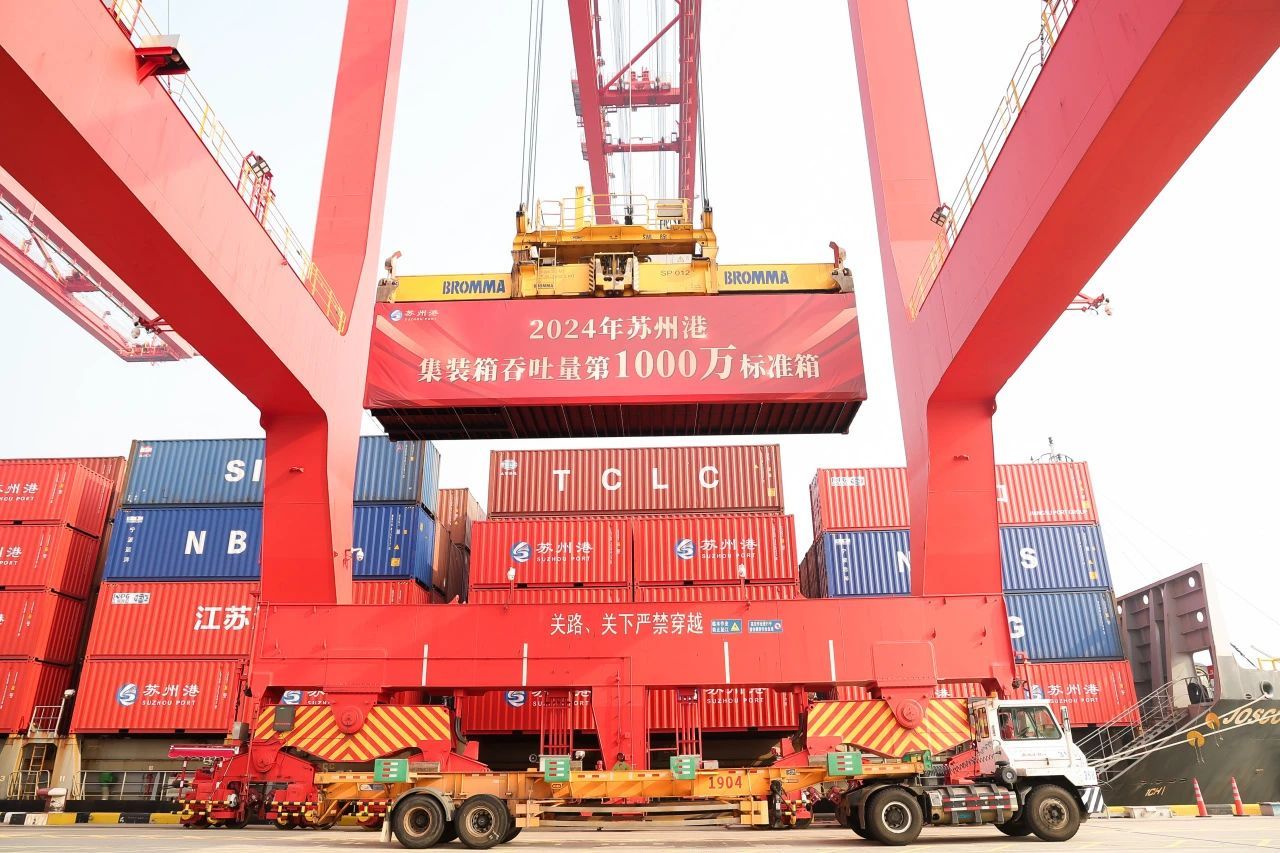
On December 26th, Suzhou Port became the first inland port in China to surpass an annual container throughput of 10 million TEUs, marking a significant milestone in the development of inland container shipping nationwide. This achievement underscores Suzhou Port's pivotal role in supporting national strategies and driving regional economic growth.
Key Highlights of Suzhou Port's Success in 2024:
Record-Breaking Throughput:
Total cargo throughput surpassed 600 million tons, an increase of 1.9% year-on-year.
Suzhou Port retained its leadership in key import categories, including wood (10 million cubic meters), grain and oil (7 million tons), and pulp (5 million tons).
Comprehensive Shipping Network:
Expanded routes to Southeast Asia, South Korea, Japan, and across domestic trade corridors.
Strengthened partnerships with ports along the Yangtze River, including Wuhan, Chongqing, and Jiujiang, solidifying its role as a leading transshipment hub.
Innovative Port Integration:
Suzhou Port has enhanced cooperation with Shanghai International Port Group and Ningbo Zhoushan Port, establishing itself as a benchmark for port-industry-city integration.
Global Supply Chain Synergies:
Strategic developments in logistics, shipping, and overseas warehouses have positioned Suzhou Port as a vital node in the international and domestic dual-circulation strategy.
Driving Economic and Industrial Growth
Empowering Regional Industries:
Taicang Port launched high-value cold chain and energy storage exports, with over 46,000 TEUs shipped in 2024.
Zhangjiagang Port bolstered its grain, oil, and chemical industries through innovative trade and logistics models.
Changshu Port expanded its specialized cargo handling capabilities, including paper pulp and liquid chemicals.
Supply Chain Innovation:
Suzhou Port's integrated logistics capabilities have transformed it into a "supply chain of win-win collaboration," enhancing its value as a core player in the Yangtze River Delta's economic framework.
A Vision for the Future
Suzhou Port is committed to becoming a model of innovation and sustainability in the logistics and transportation sectors. By embracing reform, advancing smart port technologies, and fostering collaboration with key stakeholders, it aims to serve as a demonstration hub for high-quality inland port development.
by Xinde Marine News Chen Yang

 China’s First Bulk Bunkering of Domestic Green Me
China’s First Bulk Bunkering of Domestic Green Me 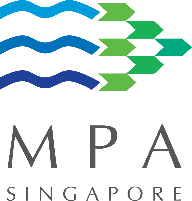 Rotterdam and Singapore Strengthen Collaboration on
Rotterdam and Singapore Strengthen Collaboration on 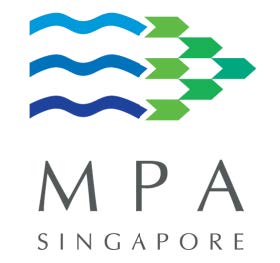 MPA and CMA CGM Sign MoU to Enhance Sustainable Shi
MPA and CMA CGM Sign MoU to Enhance Sustainable Shi 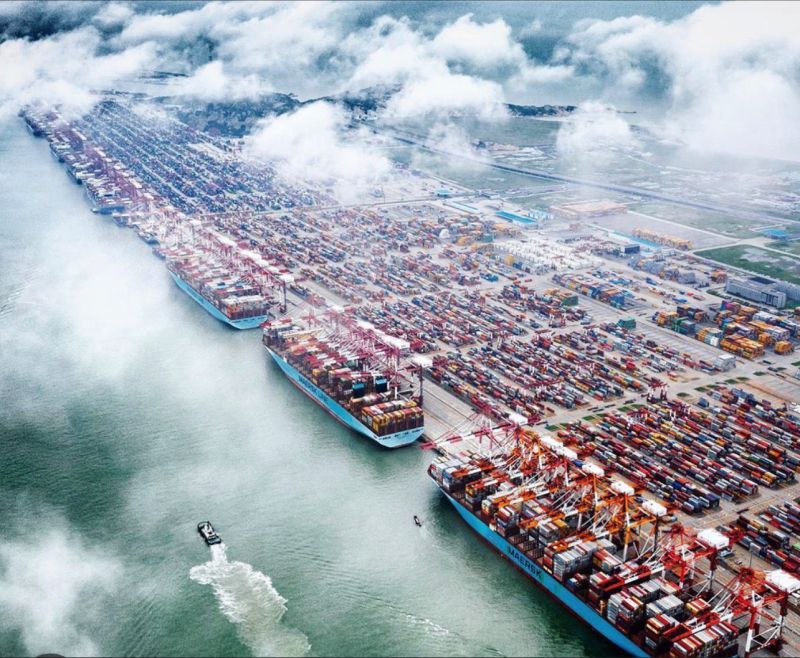 China's Ports Surge Ahead: Major Container Terminal
China's Ports Surge Ahead: Major Container Terminal 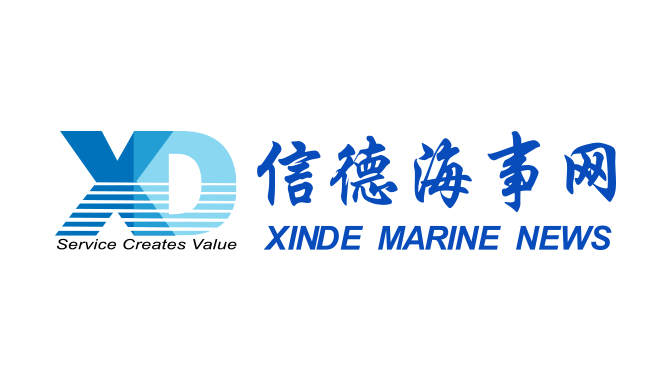 Port of Hamburg: Growth in container throughput and
Port of Hamburg: Growth in container throughput and 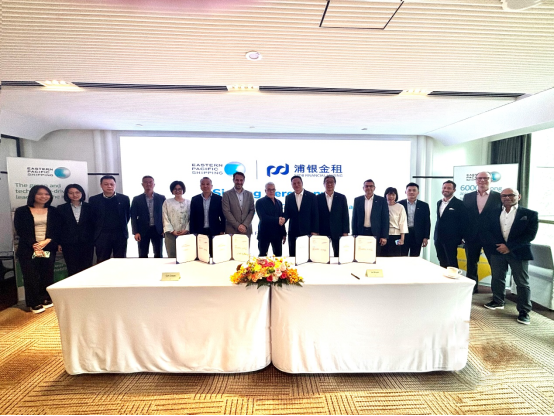 EPS and SPDB Financial Leasing sign financing agree
EPS and SPDB Financial Leasing sign financing agree